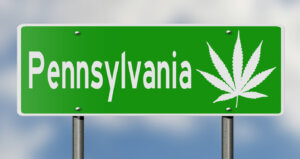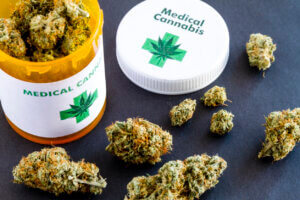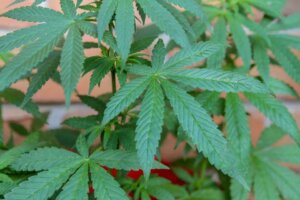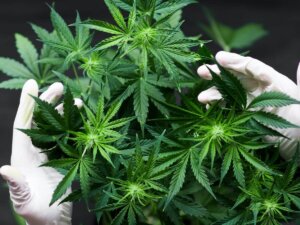Will the Downgrade to a Less Dangerous Drug Mean Pennsylvania Could Legalize Marijuana?
May 7, 2024
The Biden Administration is moving to reclassify marijuana as a Schedule III drug, moving it away from Schedule I classification and the likes of the more addictive and/or potent heroin and LSD.
This change may offer hope for those who rely on medical marijuana treatments, potentially opening doors for improved access and further research into its therapeutic properties. It also hints at a broader reconsideration of how the legal system approaches cannabis-related offenses, suggesting a move towards more compassionate and rational policies.
Currently, thirty-eight states have legalized medical marijuana and 24 have legalized recreational use.
Cannabis has been listed as a Schedule I drug under the Controlled Substances Act of 1970 despite many states moving to legalize it in the past decade.
Although the measure will not make marijuana legal or decriminalize it, the measure would help free up taxes that burden cannabis operators. Moving it to Schedule III can also mean that scientists studying the drug’s effects for medicinal use will have rules relaxed around how they are able to access and study it.
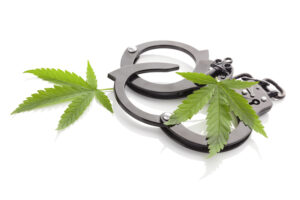
Even though medical marijuana is legal in Pennsylvania, it is still costly and not covered by insurance. There is also the risk of facing DUI charges for medical marijuana if you happen to be pulled over and have marijuana in your system.
In addition, even though major cities have moved to decriminalize recreational marijuana use and possession – it is still a very serious charge in most places in Pennsylvania if you are caught in possession. The penalties for even a first-offense marijuana possession are still severe.
As it stands, you could face up to 30 days in jail, a $500 fine, and misdemeanor charges on your permanent record if you are caught with 30 grams or less of marijuana in Pennsylvania.
For many, cannabis has been more than just a recreational substance—it has been a source of comfort, relief, and even healing. The implications of these changes extend beyond legalities; they impact the lives of individuals who have long grappled with the stigma and consequences associated with marijuana use.
Even though PA Governor Shapiro and his predecessor have both called for the legalization of marijuana recreational use in Pennsylvania, the Republican-controlled and conservative State Senate has failed to take up any measures and is a long way from doing so.
This federal ruling could change that. Even though the downgraded classification still does not make it illegal, many congresspeople may be more likely to change their mind. This is a step forward.
In Pennsylvania, where marijuana laws are still strict, Ketchel Law can help if you have been charged with marijuana possession or PWID marijuana. Our experienced Pittsburgh Marijuana Lawyers are committed to providing compassionate representation – we fight for a full dismissal of your charges.
Whether you’re navigating the legal system for the first time or seeking assistance with ongoing legal issues, Ketchel Law is here to listen, understand, and advocate for your rights. We believe in approaching each case with empathy and respect, recognizing the unique circumstances and experiences of every client. Contact us today for a free consultation if you are facing drug crime charges in Pennsylvania.

